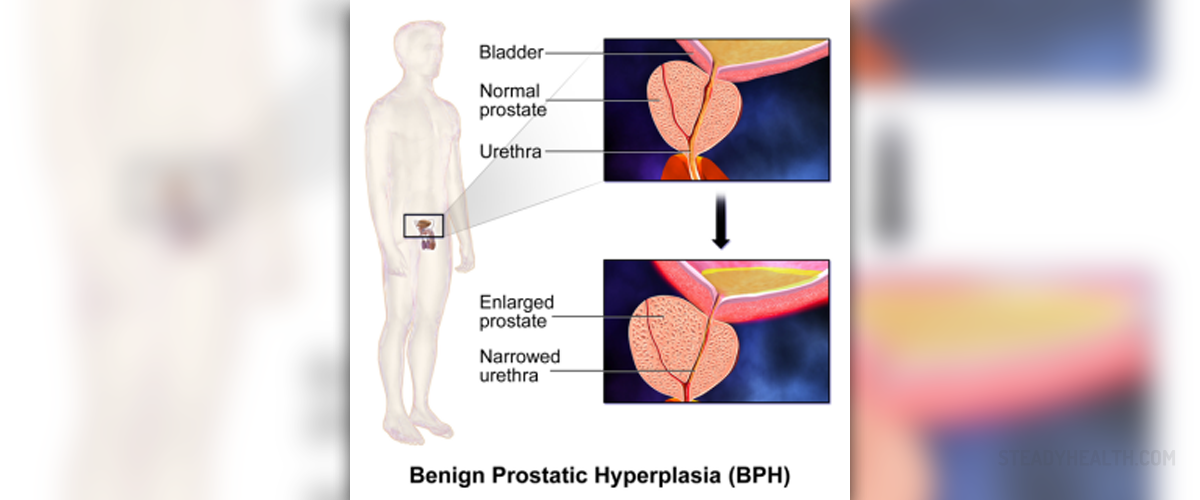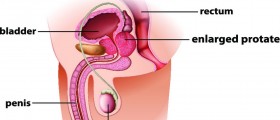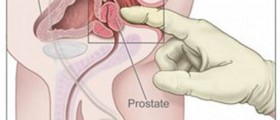
Symptoms of benign prostatic hyperplasia
Prostate gland enlargement is a condition that has numerous symptoms and they might differ from one man to the other. However, the most common symptoms of this condition are weak urine stream and difficulty to begin urination, as well as starting and stopping when the person urinates. Some men will have frequent urination and some will have urge to urinate immediately. Nocturia or frequent urge to urinate at nigh is also a warning sign of the benign prostatic hyperplasia.
Furthermore, the men who suffer from enlarged prostate gland may also experience straining while urinating, and they might not be able to entirely empty their bladder. It is also quite possible that the urine in these people contains blood, which is a condition called hematuria. Benign prostatic hyperplasia is quite likely to cause urinary tract infections, malfunctioning of the kidneys and development of stones in the bladder.
The appearance of the symptoms, as well as their aggravation, does not mean that the condition is serious since there are men who have enormously large prostate gland but do not have but few symptoms, while on the other hand, there are those men who have many symptoms that are even severe but they only have slightly enlarged prostate gland. However, it is always better to consult a doctor when the symptoms are noticed.
Causes of benign prostatic hyperplasia
The prostate gland is a part of the reproductive system in men and it is situated under the bladder. Its main role is to secrete the fluid that carries the sperm out of the penis when ejaculation or orgasm occurs. The urethra goes through the prostate gland and when the prostate gland enlarges, it presses the urethra, thus obstructing the flow of the urine.
In men, the prostate gland starts to grow in puberty and gradually continues to grow throughout the whole life. The experts have not yet discovered why the prostate gland grows constantly, but they assume that it is because of the hormonal imbalance in the elderly men.
- www.nhs.uk/conditions/prostate-enlargement/
- medlineplus.gov/enlargedprostatebph.html
- Photo courtesy of BruceBlaus via Wikimedia Commons: commons.wikimedia.org/wiki/File:Benign_Prostatic_Hyperplasia_(BPH).png

















Your thoughts on this
Loading...